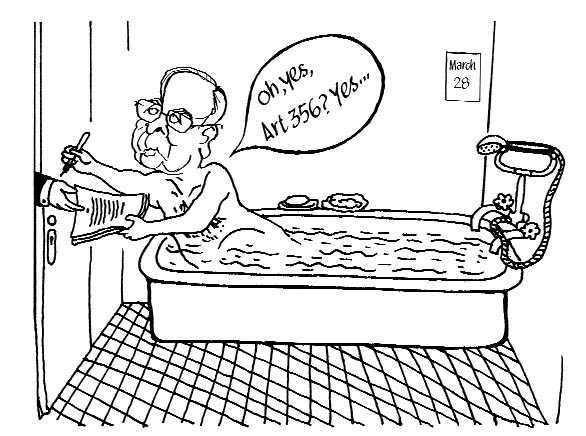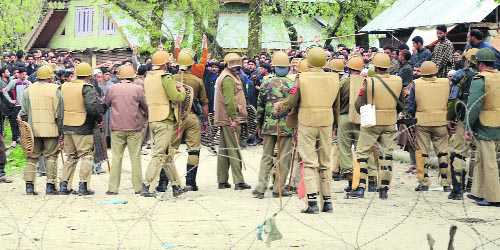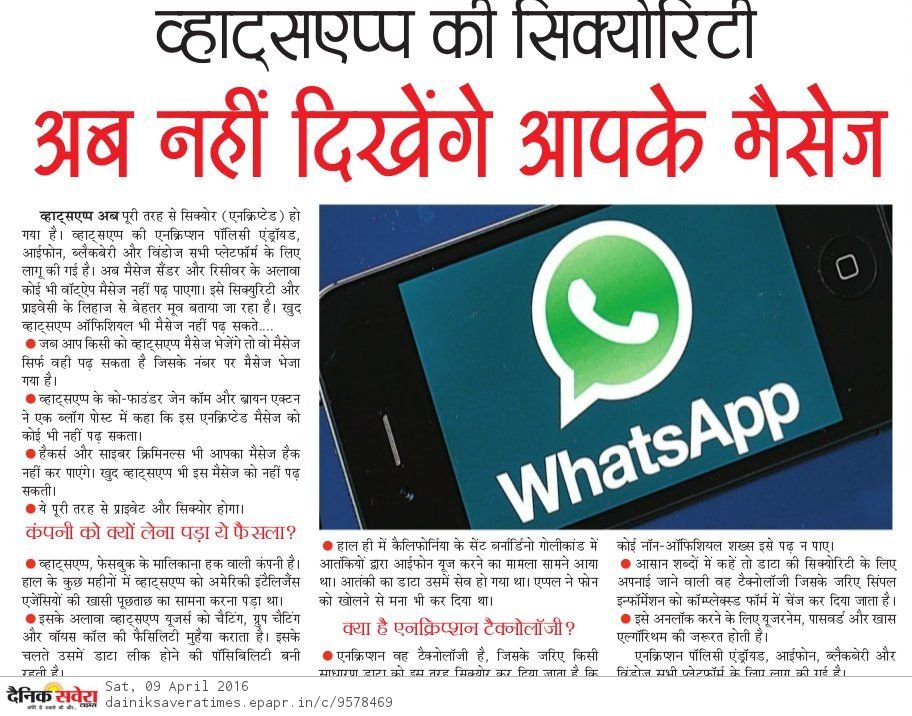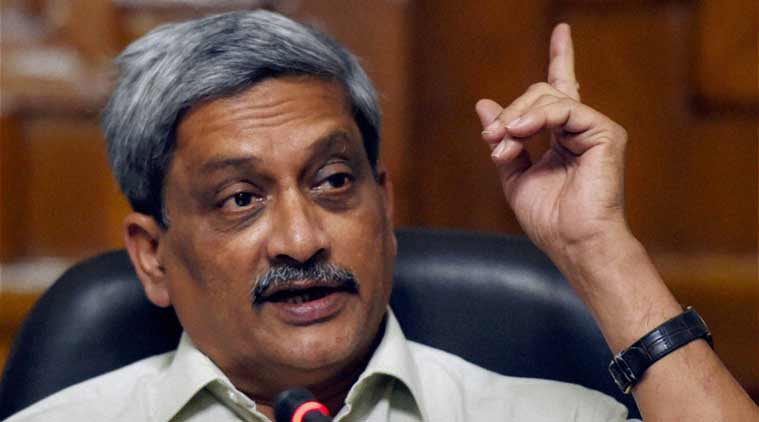
With due apology to Abu Abraham.
The Constitution of India does not envisage any kind of presidential activism. Nor is the President encouraged or expected to become a rival or even a countervailing centre of power. We have by design a Westminster model of cabinet government which firmly puts the Prime Minister at the head of a Council of Ministers, as the real source of action, power, patronage and political and policy initiative. It is the Prime Minister and his cabinet who are answerable to the Lok Sabha and to the electorate at large. And, though as per Article 74(1) of the Constitution, the Prime Minister exercises all this authority in the name of the President, that still does not make Rashtrapati a referee nor does he get to have any yellow or red cards to flash before this or that offending member of the Council of Ministers. But, then, the prime ministerial authority is not exactly unlimited; it has to be exercised within the four walls of the Constitution. Is there any kind of presidential role in ensuring that the Prime Minister stays strictly within those four walls? Should there be any presidential role? The conventional formulation, chiselled over the years by wise constitutional experts, has the President perform the role of a “friend, philosopher and guide” to the Prime Minister. In reality, each President-Prime Minister equation gets defined by the political context of the day.The quantum of advice a President is willing to shove to his Prime Minister — and equally, the quantum of advice a Prime Minister may be inclined to lump from his President — is predicated on the number of boots the Prime Minister has in the Lok Sabha. A weak Prime Minister — especially one lacking a clear majority of his own or being dependent upon a bevy of coalition partners — finds himself being mindful of the presidential ‘mood.’ On the other hand, a strong Prime Minister, ipso facto, tends to take the presidential consent for granted even for his most wayward proposals. But, then, can any President be taken for granted?The issue can be framed slightly differently. Assuming there is a strong Prime Minister, is the President condemned to be just a rubber stamp? Or, does he need to behave like an ATM for the ruling party and its expedient political calculations and requirements? There are no easy answers. But we can remind ourselves that our collective memory still riles at the recollection of President Fakhruddin Ali Ahmed signing the Emergency Proclamation while in a bath-tub. The country has come a long way since then and expects a President to behave with a little more gumption than President Fakhruddin Ali Ahmed could summon. In the present context, for example, could the President not sign the Proclamation in Uttarakhand on March 28 when the Assembly was due to conduct a floor test within the next 24 hours? Last time the country had a Prime Minister with a clear-cut majority in the Lok Sabha saw him get into an unseemly wrangle with the President. The Zail Singh-Rajiv Gandhi confrontation tested the institutional balance as also the political class’ constitutional morals and manners.After a long gap we have a Prime Minister who is entitled to feel that he has an unambiguous mandate from the electorate to change a few things around; and, if in the process, a few institutional toes get trodden upon, so be it. The resentment against the Rajya Sabha has already been articulated by the very able and very articulate Finance Minister. The judiciary, too, has been made to feel the weight of the executive’s indifference and non-cooperation. The President, too, is being tested. We may never know fully the nature of his co-existence with the NDA government.Fortunately, Pranab Mukherjee is not a total stranger to power politics. In fact, many of his critics have, over the years, been forced to acknowledge grudgingly his superb craftiness at playing the political game. He is ideally equipped to explore the unexplored areas of presidential power. In the same breath, let it also be acknowledged that he is not a man without ambition. No one would construe it as any insult to his intelligence or disrespect to his office if it was suggested that like all previous occupants of Rastrapati Bhavan, he too could be calculating the probability of a second term. And, it is entirely possible that the Prime Minister and his advisers — all very shrewd and cunning men in their own right — have sensed a “second term” itch; and, they do know a thing or two about whetting appetite. Still, it is difficult to comprehend, leave alone appreciate, his thought processes in signing on the March 28 proclamation. Had the President decided to sleep over the March 28 recommendations of the cabinet, he would have spared the country quite a bit of constitutional commotion. No great or clear-cut political morality issues were, or are, involved. There is very little to recommend about Harish Rawat, and even less so about Vijay Bahuguna, the man who non-presided over the 2013 floods disaster. There are no obviously right or wrong choices in terms of good governance and good men. Somehow it is difficult to avoid a feeling that the President did not apply himself fully to the situation.Constitutions are operated through political balances. A healthy polity thrives on healthy conventions. Even after these 60 years we find an acceptable balance eluding us. It is no consolation to us that increasingly all democratic polities find themselves almost overwhelmed by partisan men and their partisan calculations. The American arrangement is becoming precarious and more precarious by the day. For example, the Republicans simply are unwilling to start the Senate confirmation process for President Obama’s nominee to fill a Supreme Court vacancy. A grand violation of the American constitutional arrangement.Here at home, small men with their smaller calculations are not proving to be the best custodians of federal principles or constitutional values. The Centre is charged with the “duty” to protect the States against internal or external break-downs.As early as 1982, President Sanjeeva Reddy had diagnosed the problem: “A central authority cannot claim greater competence, wisdom and objectivity or greater immunity from extraneous influences.” Since then things have not improved.The President has influence, his office has an aura and respectability that he can always tap — that too, without getting into any kind of confrontation with the Prime Minister. At times the President has refused to go along with the Prime Minister’s advice. VV Giri did it, so did Venketaraman, and so did KR Narayanan and Abdul Kalam. Zail Singh did “pocket veto” over the Postal Bill. In recent years, the Presidents have been known to quietly dissuade the Prime Minister from making poor appointments in the higher judiciary. As the head of the Republic, the President has to provide the balance. That means, at times he would be called upon to see to it that there is no imbalance. Constitutional statesmanship requires a continuous vigilance in defence of national equilibrium.













 Defence Minister Manohar Parrikar
Defence Minister Manohar Parrikar





















































